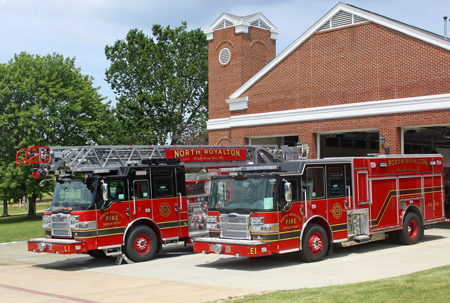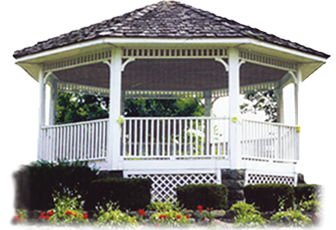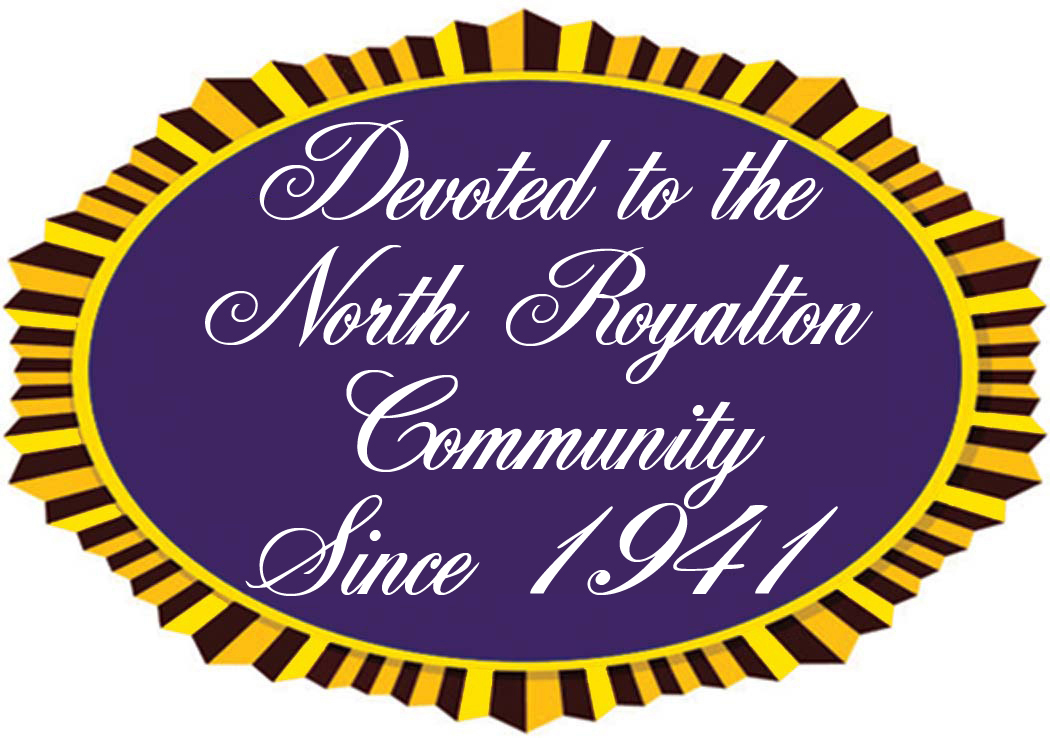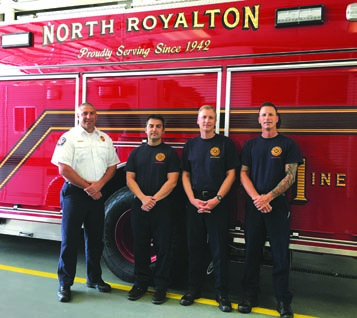The North Royalton Fire Department will be hosting an Open House to wrap up Fire Prevention Week. The Open House will take place on Saturday, October 14, from 10 a.m. to noon at Station 1, at 7000 Royalton Road.
“This will be our first Open House during Fire Prevention Week,” said North Royalton Fire Chief, Bob Chegan. “For over 20 years now, we have offered our annual Safety Fair in May as the meet and greet for our residents along with numerous safety partners in communicating our safety message. This Open House is going to be a little more personable. We are inviting our residents to come out and get a little more insight of what services our department provides, what equipment we have, how it works and any other questions they may have. Myself and our Assistant Chief, as well as the on-duty crew will be available to answer any questions our residents may have and show them our equipment. We will also highlight this year’s Fire Prevention Week theme, “Every Second Counts: Plan two ways out” and “Close before you Doze” program. Discussions on smoke detectors with residents will be had as well the importance of home Fire Prevention activities year round. Fire Prevention saves lives and property, period. No matter the number of fires a community has, most of them are devastating events to life and property. Hopefully, we can continue the trend to prevent these life altering events before they happen.”
The Open House is a family friendly fun event that allows residents to meet the firefighters/EMTs, explore the equipment and learn about the services that the North Royalton Fire Department offers to the community. There will be a grease fire demonstration and sprinkler head demonstration, as well as giveaways. The event is free and open to the public.
October is National Fire Safety Month. North Royalton Fire Chief Bob Chegan notes that while overall prevention is important, arming yourself with smoke and carbon monoxide detectors and having an escape plan can save your life. He advises residents to have a working smoke detector on every level of your home, outside of every sleeping area and one in every bedroom. Install carbon monoxide detectors near sleeping areas. Make sure that the detectors are operable and that the batteries are fresh.
Seconds count when a fire occurs. According to the National Safety Council, “a small flame can get out of control and turn into a large, uncontrollable fire in less than 30 seconds.” For a safe escape, it is recommended that each family have an escape plan that is thought out and practiced. Map out an escape by noting two different ways out of each room. If you live in a multi-story building, map out as many escape routes as possible. If you live in an apartment or condominium with an elevator, make sure you plan to use the stairs. Practice your escape plan at least twice a year, including your entire family. Practice to escape with your eyes closed, crawling close to the floor, keeping your mouth covered. Make sure to feel each closed door before opening, to ensure that it is not hot, indicating fire on the other side of the door. Teach children the importance of getting out and to not to hide if a fire breaks out. Make sure everyone knows how to unlatch windows and make sure all windows can open easily. Make sure all exits remain uncluttered. Make sure your plan includes the meeting place where all family members meet. Share this plan with any caregivers who frequent your home. If you have upper story bedrooms, you may want to consider purchasing chain escape ladders for each bedroom.
In the case of any fire, you should leave the building immediately(never re-enter) and call the fire department (911).
The following is a fire safety checklist, published by the NEOFPA:
Matches, Lighters, Candles & Smoking Hazards
Keep matches & lighters out of children’s reach.
Make sure matches & smoking materials are out before disposing of them.
Use large, non-combustible ash trays.
Never leave smoking material unattended.
Never smoke in bed.
Extinguish candles when you leave the room or area.
Place candles on non combustible surfaces or containers.
Do not leave children unattended in areas with lit candles.
Electrical Hazards
Have qualified electricians install or extend your home wiring and verify circuit breakers & fuses are properly sized.
Purchase only Underwriters Laboratories (UL) listed electrical devices and appliances.
Do not overload extension cords or, better yet, use circuit breaker protected outlet strips.
Do not place electrical cords under carpeting or run through doors or openings where they could become damaged from pinching or from being walked on.
Replace frayed or damaged electrical cords.
When using extension cords, ensure the rated capacity of the cord matches or is greater than the total capacity of all devices plugged into it.
Heating Hazards
If you use oil or gas heat, the equipment should be listed by the proper laboratories, such as UL or the American Gas Association.
Have your heating system inspected and serviced before the heating season begins.
Wood burning stoves should be properly installed according to manufacturer’s instructions.
Burn seasoned wood and store it safely away from heat sources.
Ensure all vent connections and flue pipes that pass through attics, floors, ceilings and walls are properly installed.
Have your chimney cleaned and inspected at least once a year if you regularly use a fireplace or wood burner.
All portable space heaters in your home should be UL listed.
Portable space heaters should be placed well away from all combustible materials.
Refill the fuel tank of kerosene heaters only with the recommended fuel, always outside and only when the heater is cool.
Kerosene heaters use oxygen, so always provide adequate ventilation in the space that they are being used.
Turn off all portable space heaters when you go to bed.
Never use flammable or combustible liquids to start a fire in the fireplace or wood burning stove.
Fireplaces should be equipped with a sturdy fire screen.
Open the flue/damper before starting a fire in your fireplace or wood burning stove.
Do not leave children unattended near fireplaces and space heaters.
Cooking Hazards
Never leave anything cooking on the stove top unattended.
Extinguish a grease fire in a pan by covering it with the lid, a large skillet or cookie sheet.
Keep the kitchen stove, broiler and oven clean of grease.
Avoid loose fitting clothing while cooking.
Turn pot handles in when cooking to avoid the pan being knocked or pulled off the stove
Housekeeping Hazards
Store combustibles at least three feet away from all heat sources.
Keep flammable and combustible liquid containers tightly closed.
Never use gasoline or other flammable liquids for cleaning clothes, furnishings or floors.
Clean the dryer lint filter after each load.
Yard and Garage Hazards
Keep your yard cleaned of leaves, debris and combustible rubbish.
Store gasoline for power tools in clearly labeled, approved red metal safety cans.
Store kerosene in approved, clearly labeled, approved blue and white containers.
Store propane cylinders outside of the house or in a detached garage or structure

By GLORIA PLEVA KACIK
Contributing Writer






